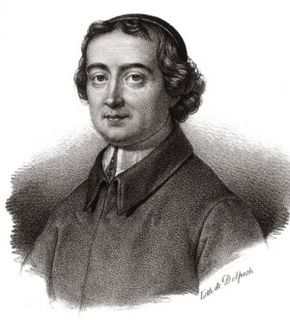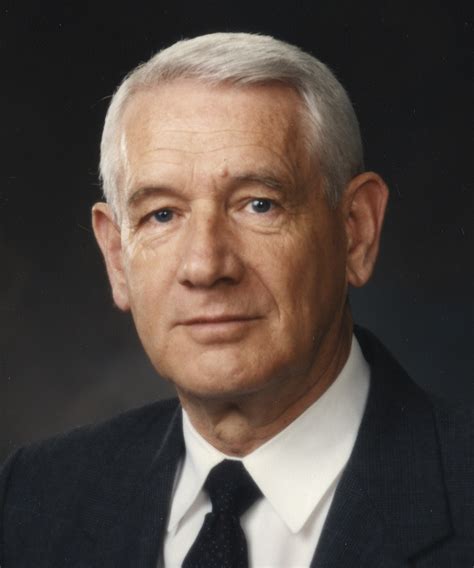A Quote by John Ruskin
The principle of all successful effort is to try to do not what is absolutely the best, but what is easily within our power, and suited for our temperament and condition.
Quote Topics
Related Quotes
Were I to be the founder of a new sect, I would call them Apiarians, and, after the example of the bee, advise them to extract the honey of every sect. My fundamental principle would be ... that we are to be saved by our good works which are within our power, and not by our faith which is not within our power.
The Christ within who is our hope of glory is not a matter of theological debate or philosophical speculation. He is not a hobby, a part-time project, a good theme for a book, or a last resort when all human effort fails. He is our life, the most real fact about us. He is the power and wisdom of God dwelling within us.
My third maxim was to try always to conquer myself rather than fortune, and to change my desires rather than the order of the world, and generally to accustom myself to believing that there is nothing entirely in our power except our thoughts, so that after we have done our best regarding things external to us, everything in which we do not succeed is for us absolutely impossible.
Let us today seek to find that place within each of us where dreams are made, where our highest aspirations take shape. Let us confirm the power of our humanity by giving architecture and substance to the dreams we have for our nation, so that the promised land of social and economic justice that is within our dreams will soon be within our sight.
The artistic temperament is a disease that affects amateurs. Artists of a large and wholesome vitality get rid of their art easily, as they breathe easily or perspire easily. But in artists of less force, the thing becomes a pressure, and produces a definite pain, which is called the artistic temperament.
By our very endowment as children of an Eternal Father we have had implanted within our souls the urgency to be free. It is natural for us to want to be accountable for our own fates because there is a whispering within us confirming that this accountability is absolutely essential to the attainment of our eternal destiny.
Conscience, the sense of right, the power of perceiving moral distinctions, the power of discerning between justice and injustice, excellence and baseness, is the highest faculty given us by God, the whole foundation of our responsibility, and our sole capacity for religion. ...God, in giving us conscience, has implanted a principle within us which forbids us to prostrate ourselves before mere power, or to offer praise where we do not discover worth.
The highest reward for our toil is not what we get for it but what we become by it. ... Mistakes are not failures. They are proof that we are making an effort. When we understand that, we can more easily move out of our comfort zone, try something new, and improve. ... Improvement demands a commitment to grow long after the mood in which it was made has passed.





































